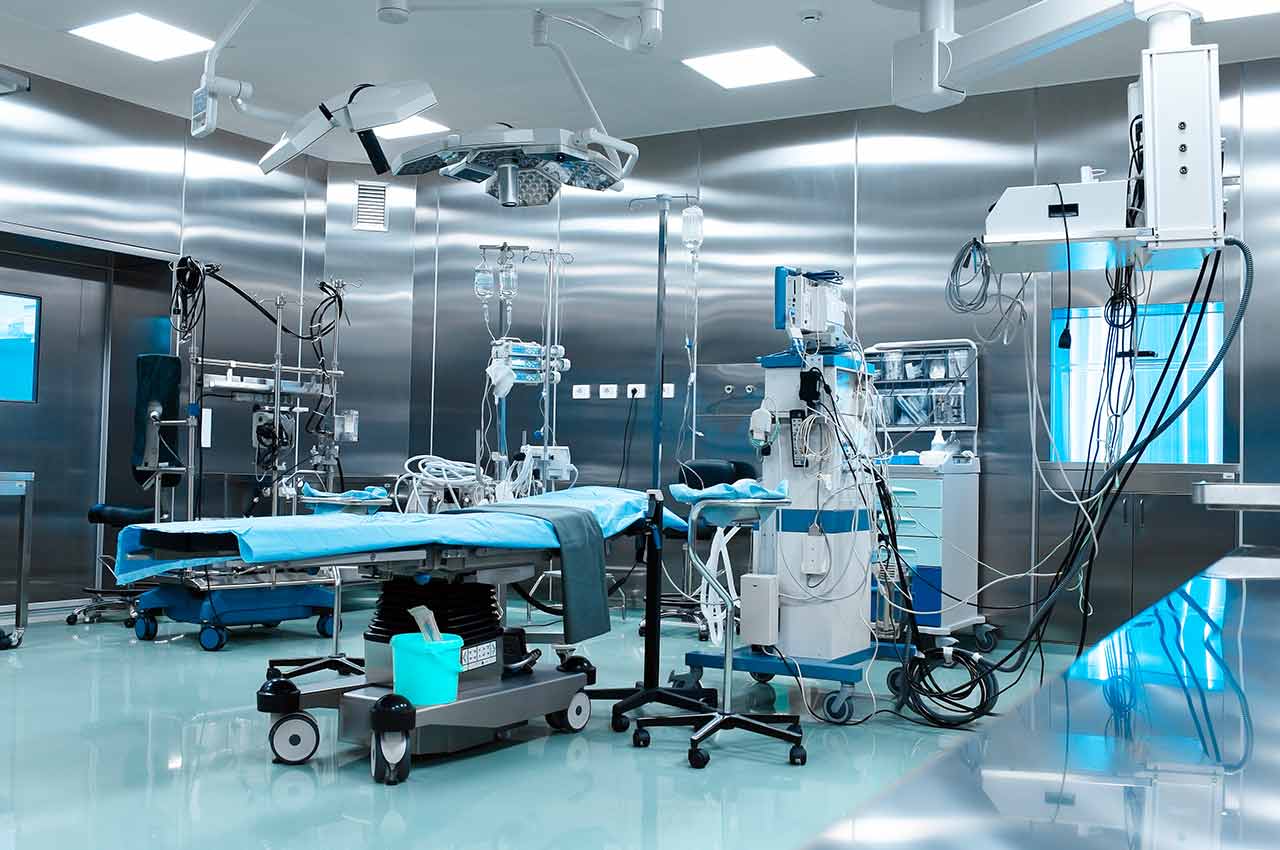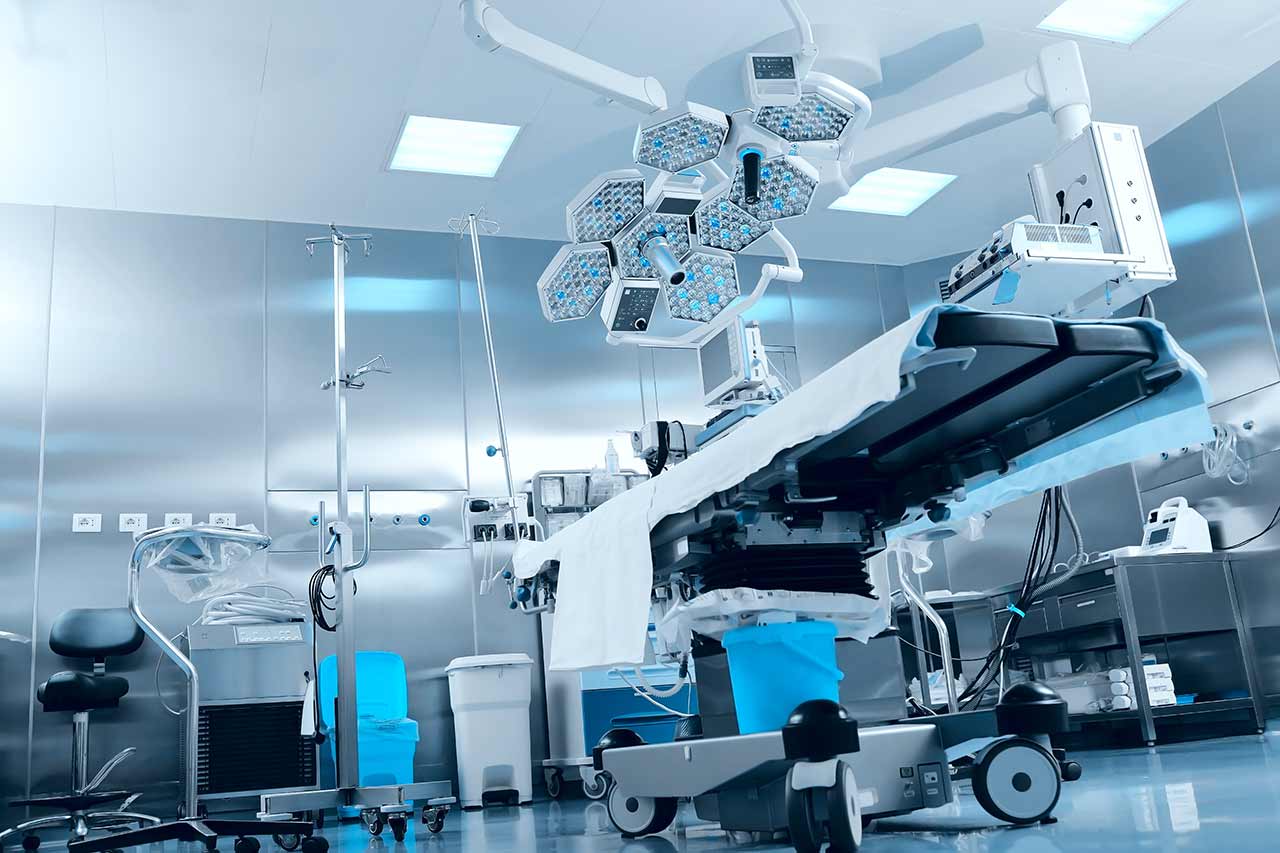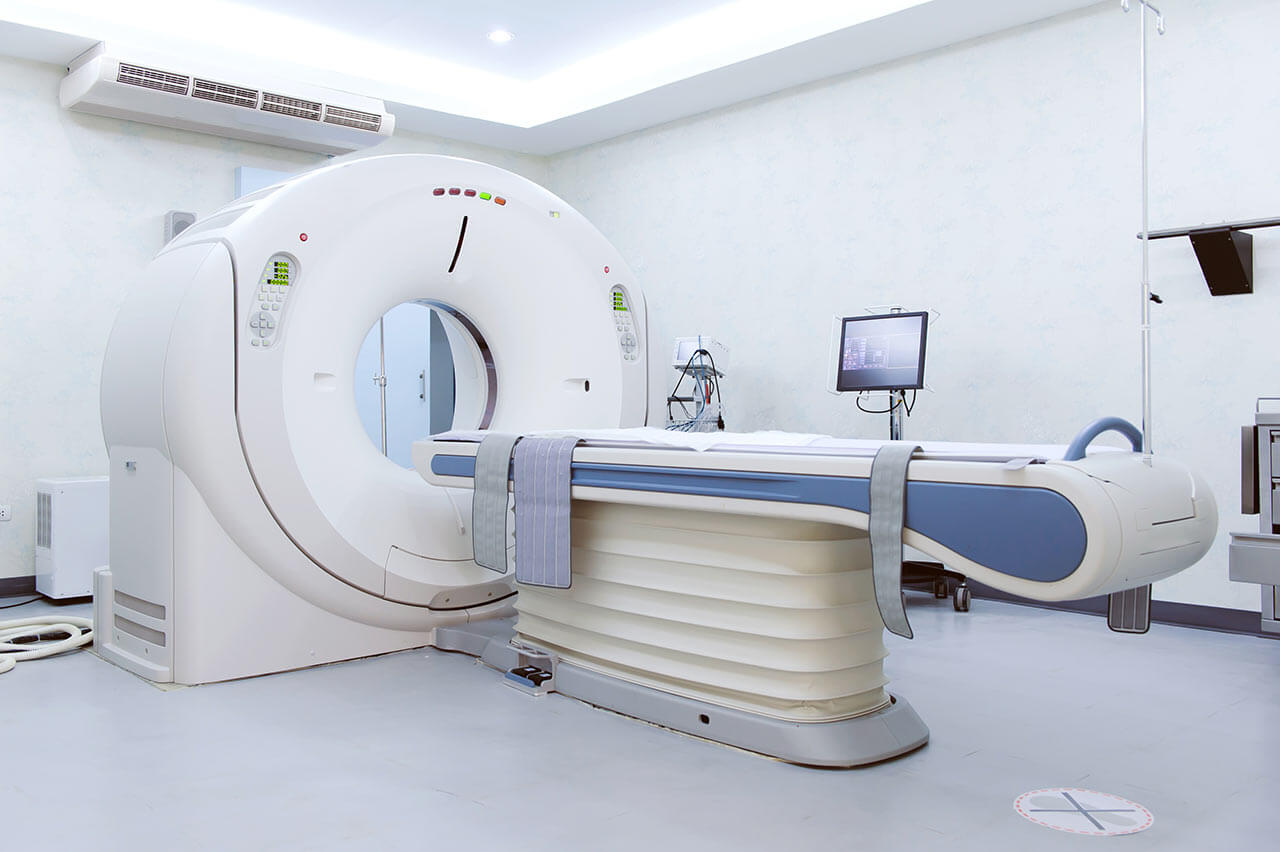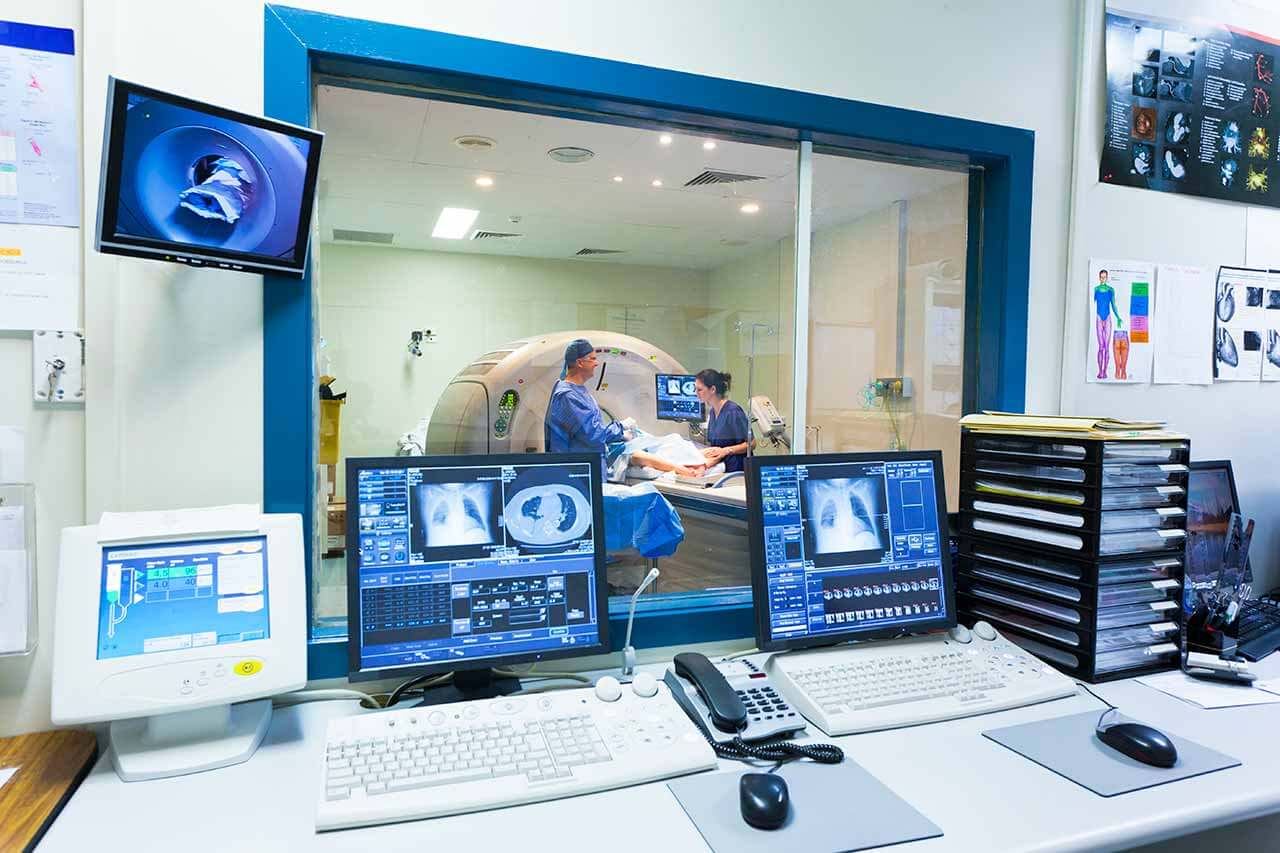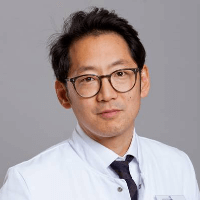
About the Department of Urology at University Hospital Frankfurt am Main
According to the Focus magazine, the Department of Urology at the University Hospital Frankfurt am Main ranks among the top German medical institutions specializing in prostate cancer treatment!
The department offers the full range of high-precision diagnostic studies and effective therapeutic options for men with diseases of the genitourinary system. The doctors of the department specialize in the treatment of prostate cancer, benign prostatic hyperplasia, kidney, testicular cancers, urolithiasis, erectile dysfunction and urinary incontinence. There are also excellent qualifications in the field of reconstructive urology.
The department is headed by Prof. Dr. med. Felix Kyoung-Hwan Chun, who has 20 years of clinical experience gained at German university hospitals. The doctor is known for his exceptional professional skills in treating prostate cancer, laser therapy for benign prostatic hyperplasia, and urethral reconstructive surgery. Prof. Felix Kyoung-Hwan Chun is also proud of his successful experience in da Vinci robotic surgery. The specialist is the winner of numerous awards from the European Association of Urology (EAU) and the German Society of Urology (DGU). The number of the doctor's publications in scientific printed and Internet resources is also impressive, and in total there are more than 400 publications.
The department has advanced infrastructure, excellent diagnostic equipment and state-of-the-art operating rooms. It is common practice for the department’s specialists to perform minimally invasive interventions using the da Vinci surgical system. Such operations are characterized by minimal trauma, small blood loss, low level of postoperative complications, and also provide a short period of hospitalization and speedy recovery of the patient.
It is worth noting that the department’s priority focus is prostate cancer treatment. If diagnosed with this pathology, the doctor will conduct a comprehensive consultation with the patient, during which he will inform him about the diagnosis, the stage of the disease, treatment options and the risks they may entail. The doctor necessarily takes into account all the individual wishes of the patient.
Depending on the clinical indications, the therapeutic spectrum covers open surgery, minimally invasive interventions and robotic surgery (da Vinci robot). Thanks to innovative treatment methods, the surgeons of the department manage to preserve potency and men's health. Also, the doctors of the department have at their disposal well developed effective treatment regimens for advanced prostate cancer. In elderly patients, the doctors often use an "active monitoring" technique, and in the case of slow progression the patient manages to avoid radical treatments.
The service range of the department includes:
| Diagnostics and treatment of prostate cancer |
|
| Diagnostics and treatment of benign prostatic hyperplasia |
|
| Diagnostics and treatment of kidney cancer (laparoscopic, open and robot-assisted surgery) |
|
| Diagnostics and treatment of testicular cancer |
|
| Diagnostics and treatment of kidney stone disease |
|
| Diagnostics and treatment of urinary incontinence in men and women |
|
| Diagnostics and treatment of erectile dysfunction |
|
| Reconstructive urology |
|
| Other medical services |
Curriculum vitae
Prof. Dr. med. Felix Kyoung-Hwan Chun is the Head of the Department of Urology at the University Hospital Frankfurt am Main. His main clinical focuses include urologic oncology, especially prostate cancer treatment, laser surgery for benign prostatic hyperplasia and urethral reconstructive surgery. In addition, Prof. Chun is an expert in minimally invasive urologic surgery and has extensive experience in the use of modern surgical system da Vinci.
Prior to the position at the University Hospital Frankfurt am Main, he worked as a Senior Physician in the Department of Urology at the University Hospital Hamburg-Eppendorf. Many of his scientific works were distinguished with prizes and awards.
Photo of the doctor: (c) Universitätsklinikum Frankfurt
Sources:
